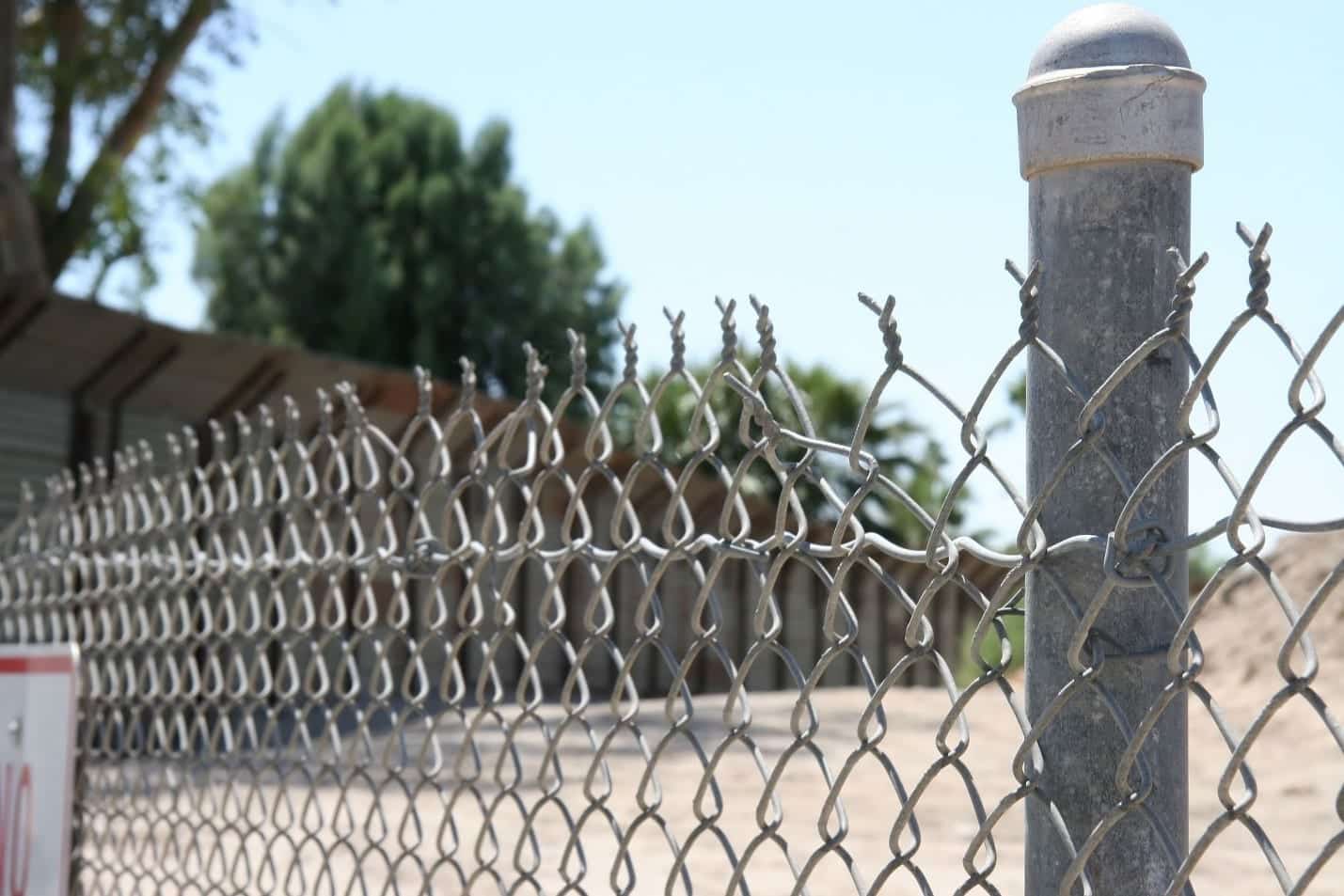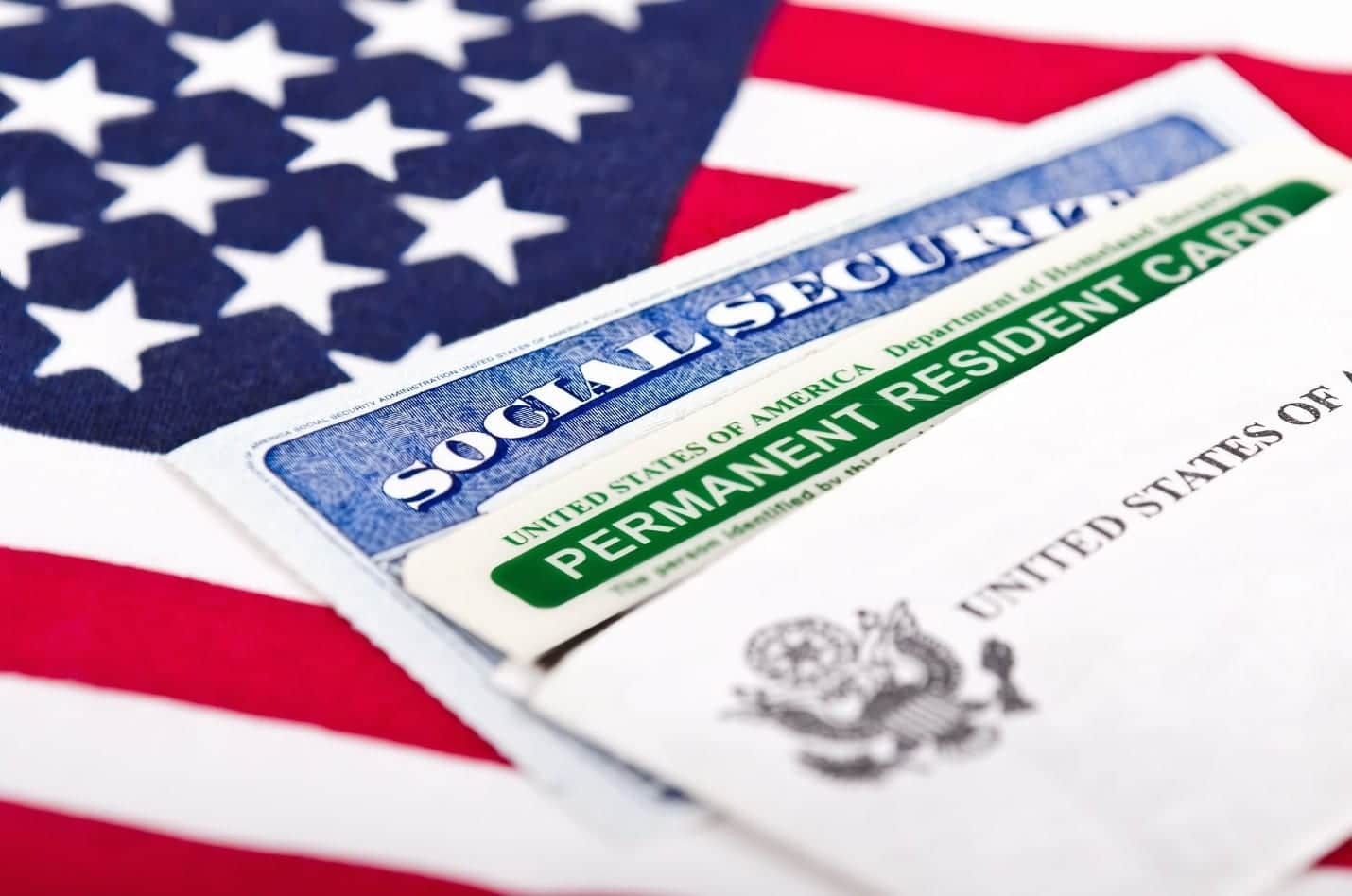According to the Center for Immigration Studies, there are 340 sanctuary cities in the United States. The tragic shooting death of Karen Steinle in San Francisco this past summer by an illegal immigrant unleashed a heated debate about both the legality and morality of sanctuary cities.
Sanctuary Cities
The term “sanctuary city” is a term given to communities whose local law enforcement officials do not enforce Immigration and Customs Enforcement (ICE) orders to detain illegal immigrants upon their release from minor criminal convictions.
This movement began several decades ago as a symbolic protest against the sometimes inhumane enforcement of immigration laws. Admittedly, it had some unintended consequences. As some of these low level offenders escalated their criminal activity upon release from jail, a political backlash surfaced calling for an end to the practice.
Texas gets into the Fray
On October 28, 2015, Texas joined this political fray when the Texas Conservative Coalition, comprised of 43 state lawmakers, sent a letter to Gov. Greg Abbott urging him to rein in cities in Texas that do not comply with ICE’s orders. More than two dozen more lawmakers have since endorsed the letter.
This legislative action came on the heels of lawmakers in North Carolina last month passing a harsh immigration enforcement package that limits funding for the Supplemental Nutrition Program while expanding the state “e-verify” program. Embedded in this package is a provision preventing local governments from passing laws designed to prevent the enforcement of ICE’s 48-hour hold orders.
Supporters of the new North Carolina law believe that sanctuary city laws deprive law enforcement from having the “flexibility and tools” necessary to investigate crime.
Dallas County Sheriff No Longer Holds Non-Citizen Inmates for 48 Hours
This past September, Dallas County Sheriff Lupe Valdez said her office would no longer honor every ICE requests to hold non-citizens for 48 hours, excluding Saturdays, Sundays and holidays, past their release dates.
Incarcerated Without Due Process
During the last Fiscal Year, ICE made slightly more than 2000 such requests on Valdez’s office, most of which were never acted upon by ICE. This post sentence incarceration means people remained incarcerated after they served their time, without due process, and that the county paid to house them without reimbursement from the federal government.
The sheriff said her new policy would apply only to non-citizens convicted for minor offenses, and decisions of whether or not to hold them would be made on a case-by-cases basis.
Governor Uses Fear Mongering
Sheriff Valdez’s actions, which have sanctuary-like implications, did not sit well with Texas Gov. Greg Abbott. Earlier this month, the governor sent the sheriff what the media has described as a “scolding letter.”
“Your decision to not fully honor U.S. Immigration & Customs Enforcement’s (ICE) requests to detain criminal immigrants poses a serious danger to Texans.”
On the very day Gov. Abbott released his letter, 16 plaintiffs filed a civil rights lawsuit against Sheriff Valdez concerning detentions based on ICE’s enforcement practices against non-citizens.
Federal Lawsuit Alleges Civil Rights Violations
The governor’s letter also drew attention from Dallas County Judge Clay Jenkins who said: “The lawsuit and yesterday’s public demand letter from Governor Abbott threatening Sheriff Valdez illustrates the complexity of managing an urban jail and Sheriff’s Department. Sheriff Valdez’s recent announcement of changes in the way her office will evaluate federal immigration holds should be respected and given a chance to work.”
The judge’s concerns were underscored by the lawsuit which charged that “Dallas County’s practice of honoring ICE requests to detain, even after those individuals are otherwise cleared for release, denies plaintiffs their rights under the Fourth Amendment to the United States Constitution. After individuals are otherwise cleared for release, Dallas County does not have probable cause to believe that a different criminal offense has been or is being committed and has no other authority to detain that satisfied the Fourth Amendment.”
ICE ACCESS
This lawsuit is significant because Texas has at least fourteen sanctuary cities. These cities run against the grain of the ICE ACCESS (Agreement of Cooperation in Communities to Enhance Safety and Security) program. ACCESS provides local law enforcement agencies with an opportunity to team with ICE to deal with specific challenges in their communities.
ACCESS came into being at the behest of local law enforcement agencies.
A prominent component of ACCESS is the enforcement of immigration laws which includes ICE’s 48-hour hold orders on non-citizens being released from state jails or prisons.
Deportation follow Release from Jail
Under federal law, immigrants—even if they have a green card—can face deportation if they commit certain crimes. If an immigrant commits an “aggravated felony” or a group of crimes referred to as “crimes of moral turpitude.” (The criminal charges that fall under the title of deportable offenses are too numerous to list here, but they can be found in the U.S. Immigrant and Nationality Act.)
Illegal Reentry
It is often these deportations, especially of those individuals who have families in the U.S., that lead to the deported individual returning to the country and committing the federal crime of illegal reentry.
If a non-citizen is deported or otherwise removed from the country, it becomes a new federal criminal offense when that individual tries to reenter the country.
Under federal immigration laws, illegal reentry is a federal felony punishable by fine and/or imprisonment of up to two years. Often the punishment is enhanced because of the nature of the deportable offense that was the initial reason for the deportation.
The maximum term of imprisonment is 10 years if the individual in question was accused of three or more deportable misdemeanors, or one felony. If the prior felony was considered “aggravated,” the maximum sentence is 20 years in prison.
If you are facing federal criminal immigration charges, it is in your best interest to contact a knowledgeable immigration crimes defense attorney as soon as possible.






